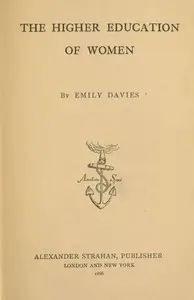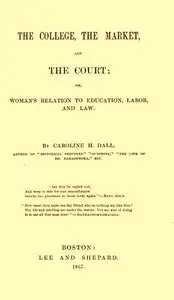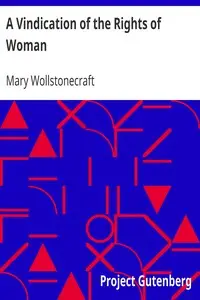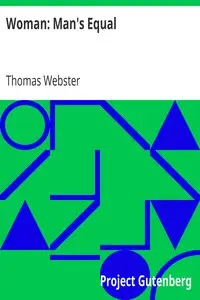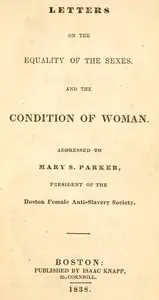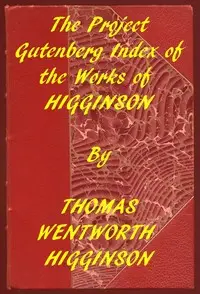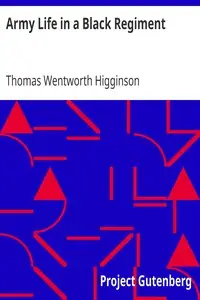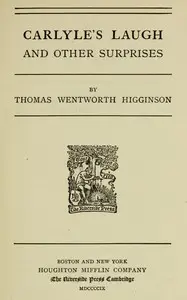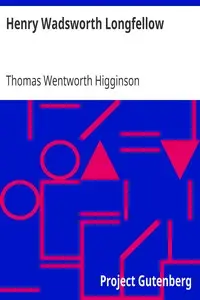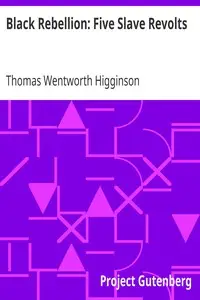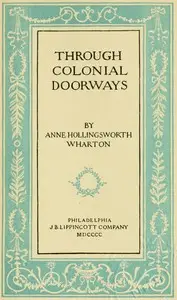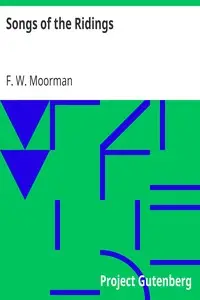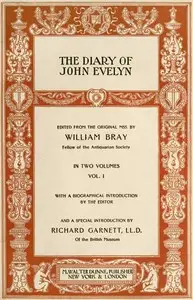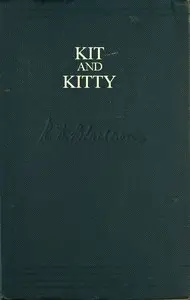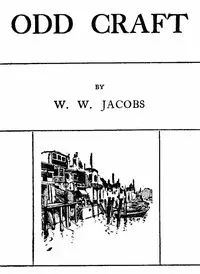"Women and the Alphabet: A Series of Essays" by Thomas Wentworth Higginson is a compilation of writings from the late 1800s that tackles the roles of women in society and their ability to read and write. Using the alphabet as a symbol for learning and authority, Higginson champions women's rights and their need to be educated, going against old ideas that held them back. The collection starts by calling out old-fashioned beliefs, like a funny idea from Napoleon's time to stop women from learning. He points out the unfair treatment of women in the past and how they weren't taken seriously, urging for big changes and for women to step up and take their place as equals. His words argue for a fresh look at how we see women and pushes for them to go after knowledge and independence.
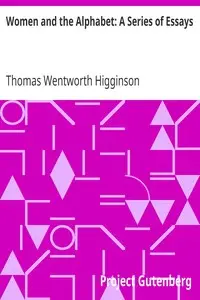
Women and the Alphabet: A Series of Essays
By Thomas Wentworth Higginson
In a time of unfairness, these writings ignite a powerful call for women to seize their right to learn, grow, and claim their place as equals in the world.
Summary
About the AuthorThomas Wentworth Higginson, who went by the name Wentworth, was an American Unitarian minister, author, abolitionist, politician, and soldier. He was active in abolitionism in the United States during the 1840s and 1850s, identifying himself with disunion and militant abolitionism. He was a member of the Secret Six who supported John Brown. During the Civil War, he served as colonel of the 1st South Carolina Volunteers, the first federally authorized black regiment, from 1862 to 1864. Following the war, he wrote about his experiences with African-American soldiers and devoted much of the rest of his life to fighting for the rights of freed people, women, and other disfranchised peoples. He is also remembered as a mentor to poet Emily Dickinson.
Thomas Wentworth Higginson, who went by the name Wentworth, was an American Unitarian minister, author, abolitionist, politician, and soldier. He was active in abolitionism in the United States during the 1840s and 1850s, identifying himself with disunion and militant abolitionism. He was a member of the Secret Six who supported John Brown. During the Civil War, he served as colonel of the 1st South Carolina Volunteers, the first federally authorized black regiment, from 1862 to 1864. Following the war, he wrote about his experiences with African-American soldiers and devoted much of the rest of his life to fighting for the rights of freed people, women, and other disfranchised peoples. He is also remembered as a mentor to poet Emily Dickinson.

